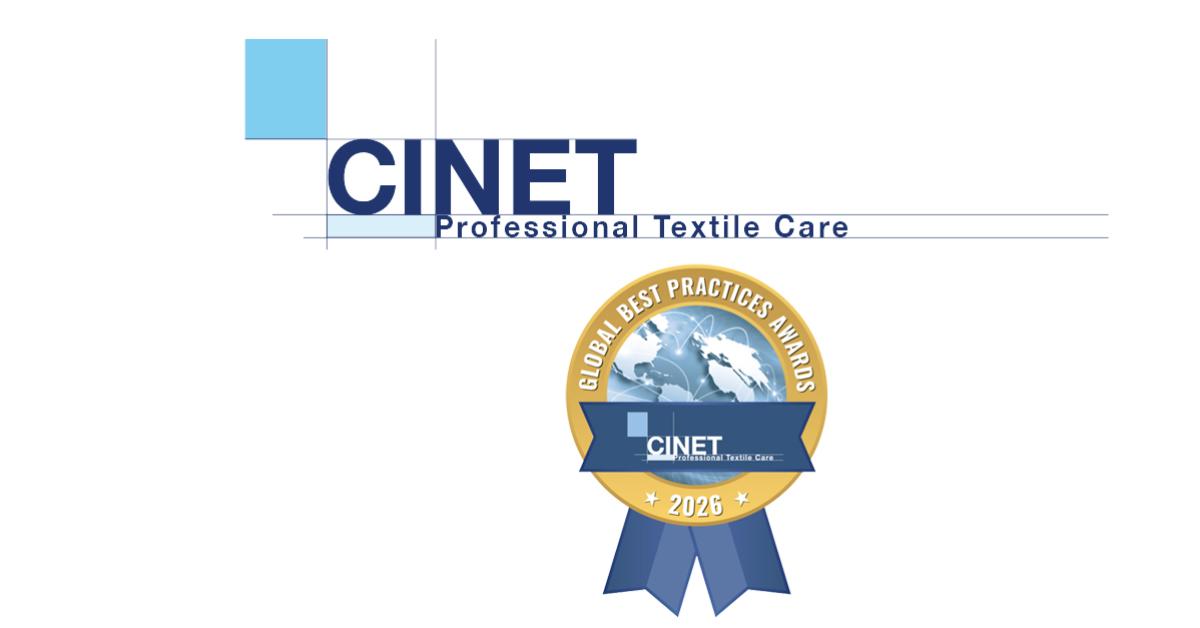OPHEMERT, The Netherlands — Results of a new benchmark study show that professional textile care, including new and alternative solvents, has an environmental impact that is two to three times less than the average domestic washing process, according to European industry association CINET (Comité International de l’Entretien du Textile).
CINET commissioned the study organized by the Dutch Technological Knowledge Center Textile Care (TKT) and conducted by the independent Netherlands Organization for Applied Scientific Research (TNO) in January through March of this year.
The research includes a comparison of traditional solvents (perc and hydrocarbon) and alternative solvents (Ipura, Siloxane D5, Rynex E3, SolvonK4 and wet cleaning) with domestic textile cleaning.
The study is an extension of a similar study conducted in 2011, but includes new alternative solvents Ipura, Rynex and SolvonK4. Conclusion of the research was based on equal textile load and equal processes (cleaning/washing and drying), including the environmental effects coming from production of the consumed resources, generation of the energy consumed during cleaning, and the emissions (water, solvent, detergent).
TKT will present the survey results in more details to CINET members during the group’s Global Info Square meeting at Texcare International, which opens this weekend in Germany.
CINET is the umbrella organization pooling national textile care associations, research institutes, suppliers and PTC professionals worldwide.
Have a question or comment? E-mail our editor Dave Davis at [email protected].
